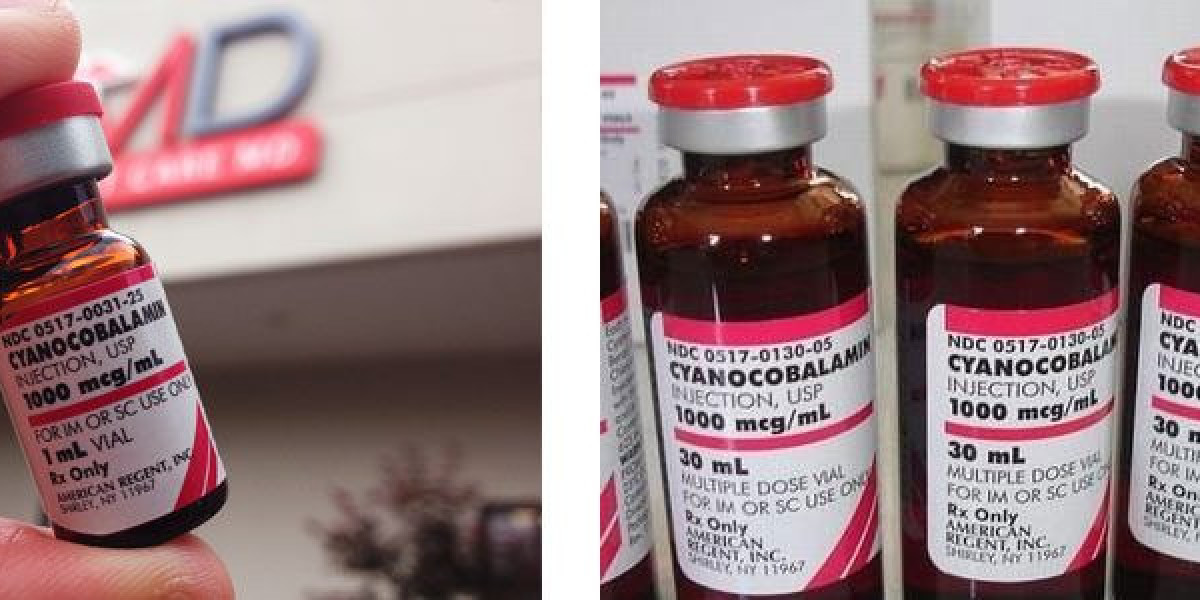Top Mental Health Assessments: Understanding Tools for Evaluation
Mental health is an important element of overall wellness, influencing how we think, feel, and act in our everyday lives. The assessment of mental health is crucial for determining, identifying, and dealing with various mental health disorders. Mental health assessments are structured processes utilized by healthcare professionals to evaluate a person's mental state. This short article checks out the Top Mental Health Assessment mental health assessments, their purposes, approaches, and crucial considerations.
What is Mental Health Assessment?
A mental health assessment is a comprehensive evaluation that assists mental health professionals comprehend a person's psychological well-being. These assessments can vary extensively in format and complexity but normally consist of interviews, questionnaires, and observational data.
Function of Mental Health Assessments
- Diagnosis: To identify any existing mental health disorders.
- Treatment Planning: To produce a customized treatment strategy based upon the person's needs.
- Development Monitoring: To track changes in the person's mental health in time.
Top Mental Health Assessments
Several mental health assessments are widely used by professionals to examine mental health conditions. Below are some of the most popular assessments:
1. Structured Clinical Interview for DSM-5 (SCID-5)
The SCID-5 is a semi-structured interview created to diagnose mental illness according to the Diagnostic and Statistical Manual of Mental Disorders, Fifth Edition (DSM-5). It is typically utilized in both clinical and research settings.
- Function: Diagnosis of mental disorders
- Structure: Includes areas for state of mind disorders, anxiety disorders, psychotic disorders, and more
- Administration: Typically conducted by a qualified clinician
2. Beck Depression Inventory (BDI)
The BDI is among the most commonly utilized self-report tools for determining the seriousness of depression in people.
- Purpose: Assessment of depression severity
- Format: 21 multiple-choice questions
- Scoring: Scores vary from 0 to 63, with higher scores showing more severe depression
3. Hamilton Anxiety Rating Scale (HAM-A)
This clinician-rated scale measures the intensity of anxiety symptoms.
- Function: Assessment of anxiety levels
- Format: Consists of 14 products based on the clinician's interview and patient reactions
- Scoring: Scores vary from 0 to 56; greater ratings suggest higher anxiety severity
4. Mini-Mental State Examination (MMSE)
The MMSE is a brief 30-point questionnaire widely used in clinical and research settings to measure cognitive disability.
- Purpose: Evaluation of cognitive function
- Format: Consists of different tasks consisting of orientation, registration, attention, and estimation
- Scoring: A rating of 24 or above is generally thought about regular
5. Mental Status Examination (MSE)
The MSE is frequently utilized together with clinical interviews to get a picture of an individual's mental state at a particular point in time.
- Purpose: Comprehensive summary of a person's mindset
- Structure: Observations of appearance, habits, state of mind, believed processes, and more
- Usage: Commonly made use of during preliminary assessments in mental health settings
Introduction Comparison Table
| Assessment Tool | Function | Format | Administration |
|---|---|---|---|
| Structured Clinical Interview for DSM-5 (SCID-5) | Diagnosis of mental disorders | Semi-structured clinical interview | Trained clinician |
| Beck Depression Inventory (BDI) | Assessment of depression | 21 multiple-choice questions | Self-administered |
| Hamilton Anxiety Rating Scale (HAM-A) | Assessment of anxiety | Clinician-rated 14-item scale | Clinician-administered |
| Mini-Mental State Examination (MMSE) | Evaluation of cognitive function | 30-point questionnaire | Clinician-administered |
| Mental Status Examination (MSE) | Overview of frame of mind | Observational and clinical interview | Clinician-administered |
Value of Mental Health Assessments
Understanding and making use of mental health assessments can significantly impact a person's treatment journey. Here are some essential benefits:
- Comprehensive Evaluation: Provides a comprehensive understanding of a person's mental health.
- Effective Treatment Planning: Helps clinicians establish effective treatment plans tailored to specific needs.
- Improved Outcomes: Regular assessments can lead to better monitoring and outcomes in treatment.
FAQs
1. Who should undergo a mental health assessment?
Anybody experiencing signs of a mental health disorder, such as persistent sadness, anxiety, or changes in mood, must think about going through an assessment. Professionals may likewise suggest assessments for individuals with a household history of mental health problems.
2. For how long does a mental health assessment take?
The period of a mental health assessment can vary. Basic screenings may take as low as 15-- 30 minutes, while comprehensive assessments can last several hours, depending upon the tools and interviews used.
3. Are mental health assessments personal?
Yes, mental health assessments are typically confidential. Mental health specialists are bound by ethical guidelines that protect patient personal privacy.
4. What happens after an assessment?
After completing a mental health assessment, the clinician will examine the results with the specific and talk about prospective medical diagnoses, treatment choices, and next steps.

5. Can assessments be done online?
Many standardized mental health assessments are now available online, though it is vital to speak with a licensed mental health specialist for accurate interpretation and diagnosis.
Mental health assessments are vital tools for detecting and understanding mental health conditions. The range of assessments offered allow clinicians to tailor their methods based on specific needs. By making sure proper evaluation and treatment planning, mental health assessments can help people browse their mental health journeys better. As awareness of mental health continues to grow, the significance of these assessments will be highlighted in promoting overall well-being and support in society.









